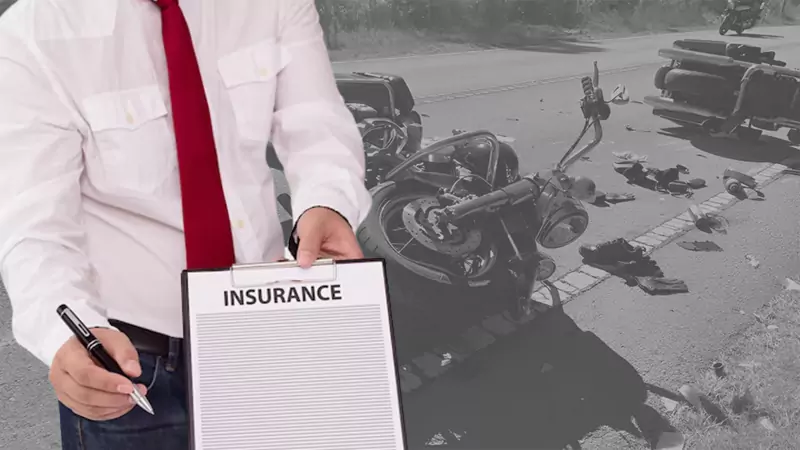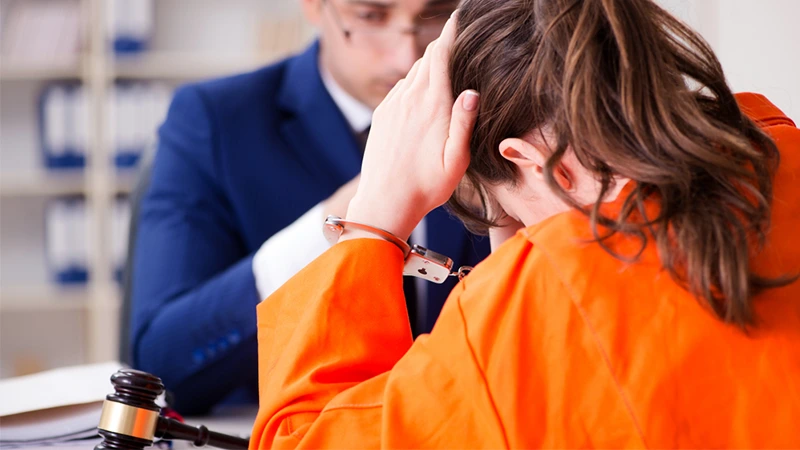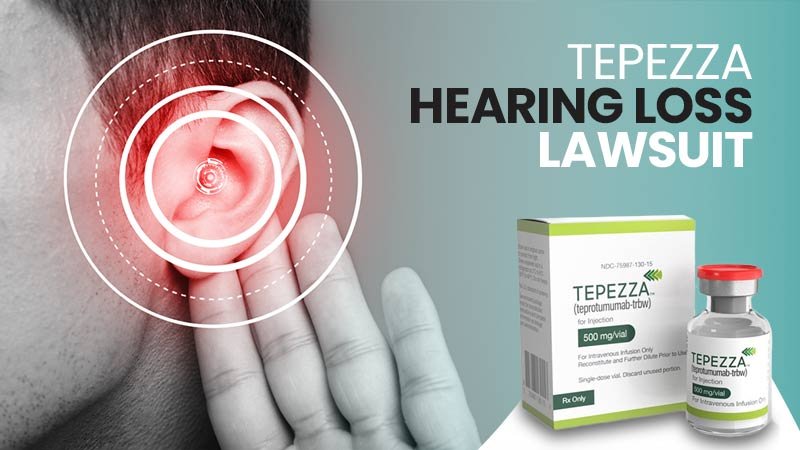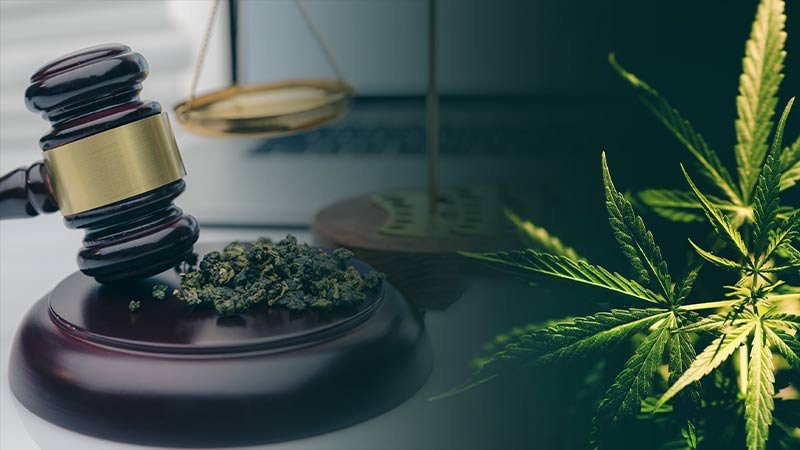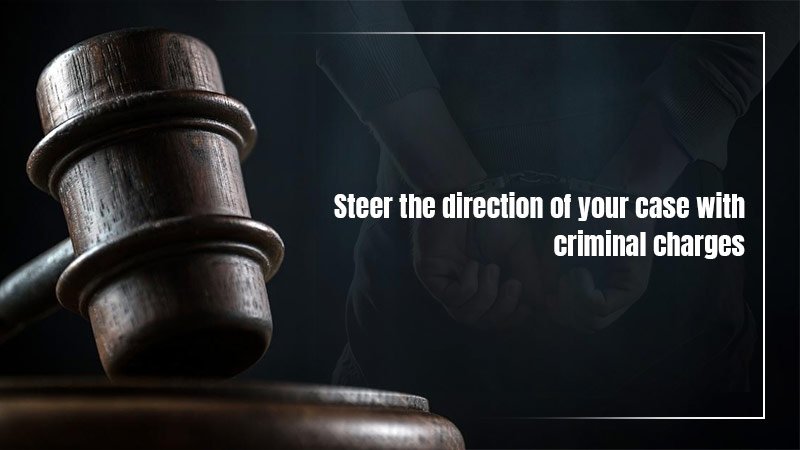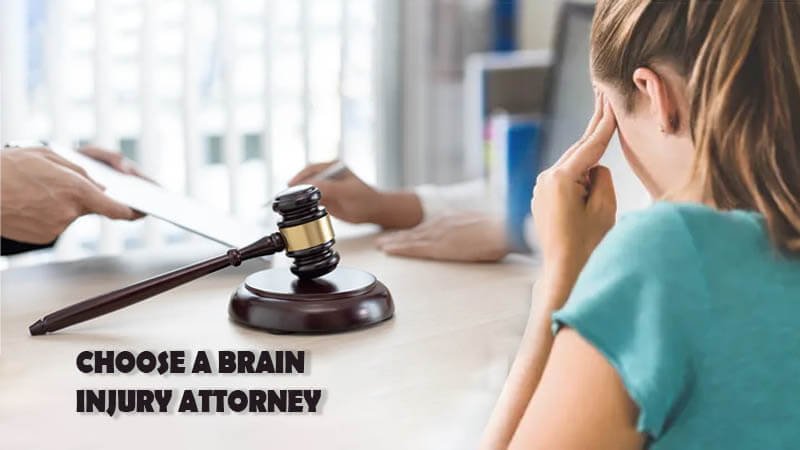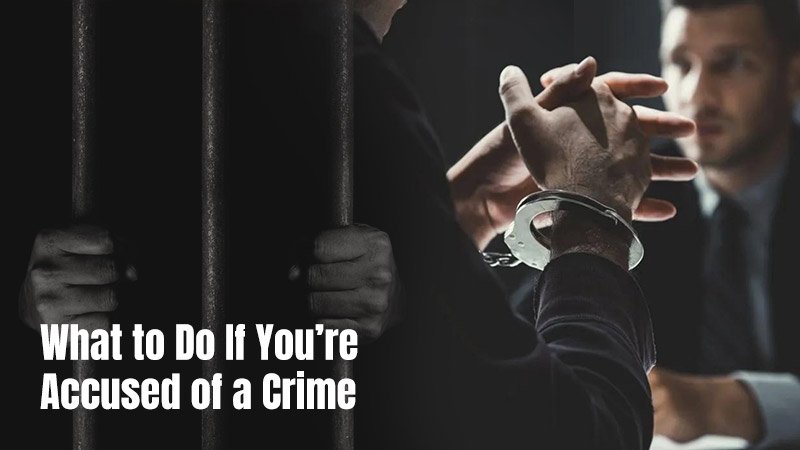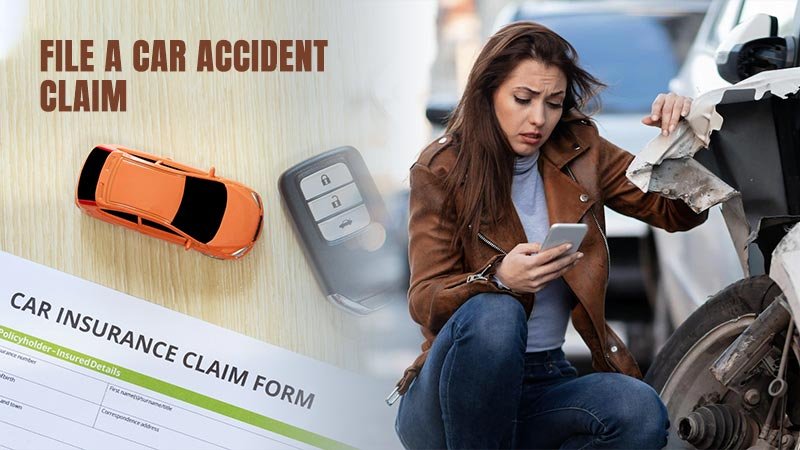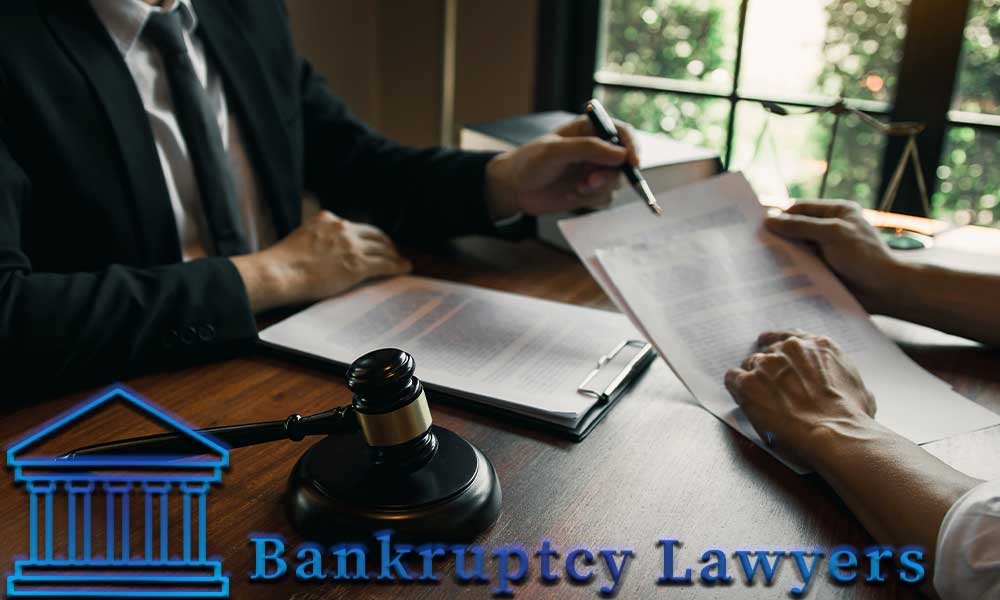7 Steps to Take After a Car Accident
Take a guess at what the leading cause of death is in the United States. It’s not heart disease, gun violence, nor the yearly flu. Road traffic crashes are the greatest threat to anyone aged 1-54.
American car dependency may provide freedom, but only at an incredible price. Dozens of people lose their lives every day to vehicular collisions. It’s an unfortunate reality, but a possibility you need to prepare yourself for.
What you do after a car accident–assuming you survive–could change how the day ends. The minutes directly following the impact are the most important.
To help you out, here are the 7 steps you need to take after a car crash.
Make Sure You’re Okay After a Car Accident
Any time you’re flying in an airplane, the flight attendants always repeat one particular phrase. Put your own oxygen mask on first before you put them on others. The principle is straightforward: you can’t help your neighbor if you yourself are in peril.
Immediately following the collision, do a physical inventory. Do you feel pain, numbness, lightheadedness, or anything of the sort? Check yourself for bleeding, broken bones, or other visible car accident injuries.
In a traumatic, high-stress situation, you might be injured without realizing it. Moving around and stepping out into traffic is naturally the last thing you want. If you aren’t OK, stay right where you are.
This is especially the case if you’re trapped inside a crushed vehicle. Trying to escape on your own could endanger your life further. Injury prevention starts by not creating further injuries!
Call the Proper Authorities
Once you know you are OK, call the proper authorities. The policemen are a must, as they must log all accidents. EMT services are only necessary if someone’s hurt.
The sooner you call them, the better. It could take some time for them to get out to the scene. The longer you wait, the longer you have to stand on the side of the road helpless.
In the meantime, check up on the other person. Do what you can–but only within reason. Don’t attempt to play the hero if policemen or EMTs should be handling a particular task.
Stay Out of Harm’s Way
Depending on where the accident happened, avoid creating a second accident. That is, don’t let oncoming drivers run you over as they rubberneck the aftermath.
If you are on a highway, stay on the shoulder. Keep some distance from the wreckage. If another driver crashes into your stalled vehicle, it could bulldoze you on the other side.
If staying safe prevents you from taking pictures and gathering evidence, so be it. Your life comes first. Encourage the other driver to do the same if they are playing it risky.
Get the Other Driver’s Information
Unfortunately, one–or both–drivers are responsible for the crash. You may know who that is already. It may even be you.
Whatever happened, there’s no need to get heated up about it. What’s done is done. Instead, use your
time more appropriately by collecting contact and insurance information.
You’ll need this later for insurance claims and identifying the driver. Provide the other party with the same information. Try to be civil and respectful, avoiding unnecessary contention.
Gather Some Evidence
Before a tow truck arrives to load your vehicle, take some pictures. Snap photos of the entire crash scene. Then, focus on the individual vehicles and the damage they sustained.
This evidence will make it easier to assign blame later. If the trailing vehicle has a crumpled hood, it’s likely they rear-ended the other at speed. These pictures will help the judge and car accident attorney make a determination in court.
If you speak to any witnesses, ask them for their take. Did they see what happened, or spot something unusual? Collect their contact info and write down what they said.
Provide a Police Statement
Once the policemen arrive, they will immediately ask you some questions. As any good car accident lawyer will tell you, the police are not on your side. Their job is to dispense justice however they see fit–even if it comes at your expense.
In most cases, they’ll just have you fill out a form on your own. Sometimes, they may ask you verbally. In either case, never admit guilt. It may seem like being truthful and honest is always the best policy. That’s not true when it comes to law and law enforcement.
You could easily be completely blameless. Still, the authorities might twist your words to produce their desired expedient outcomes. In truth, you don’t have to speak a syllable to them thanks to the Fifth Amendment.
Police in the US have planted drugs during random patdowns, for Pete’s sake! Officers with excellent bedside manners can be crocodiles inside. You never know who you’re dealing with, so act accordingly.
Even if they seem friendly and professional, don’t let your guard down. Just play cooperative even if you aren’t cooperating at all.
Call a Car Accident Attorney
Even if it’s a simple fender bender and the other driver is nice, call your car accident attorney. Things can easily get ugly, trust us. When people realize the financial cost and damage to their driving record, they’ll turn vicious.
You never know if this thing will go to court, or what will happen for that matter. You may have unknowingly violated the law and admitted as much. Check out this article — if the driver struck you and fled the scene, you could become a felon.
In other words, cover your bases. It never hurts to just call and have a free consultation. You don’t have to accept anything yet, and a lawyer only bills once they start really working.
Do you feel this might be a criminal case? Road rage, DUI driving, and so on. Legal assistance is a must if that’s the case.
Prepare Yourself for a Car Accident
A vehicular collision is likely to happen to you at some point in your life. Coming prepared is always the best policy. Immediately after a car accident, use these seven steps to keep yourself safe–legally and otherwise.
Follow our blog for more helpful legal tips.
Follow Us
Latest Post





